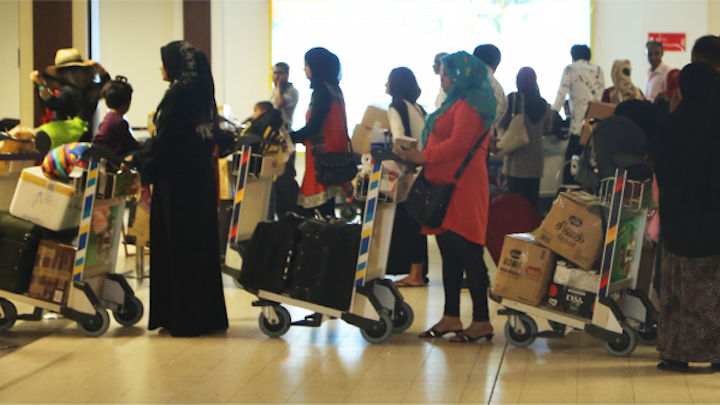Foreign currency reserves decline amid dollar shortage
Reserves at the Maldives Monetary Authority readily available for use in the foreign currency exchange market declined by US$1.5 million in July as the central bank took steps to alleviate a dollar shortage.

04 Sep 2016, 09:00
Reserves at the Maldives Monetary Authority readily available for use in the foreign currency exchange market declined in July as the central bank took steps to alleviate a dollar shortage.
Usable reserve stood at US$207.9 million at the end of July, enough for 3.6 months of imports and down three percent from the previous month, according to the MMA’s latest monthly economic review.
A decline of five percent compared to July 2015 was “largely attributable to the increase in MMA’s foreign currency sales.”
Increasing the weekly sale of US dollars to commercial banks was among several measures taken in response to the dollar shortage, the MMA’s information officer Mansoor Zubair told the Maldives Independent.
Become a member
Get full access to our archive and personalise your experience.
Already a member?
Discussion
No comments yet. Be the first to share your thoughts!
No comments yet. Be the first to join the conversation!
Join the Conversation
Sign in to share your thoughts under an alias and take part in the discussion. Independent journalism thrives on open, respectful debate — your voice matters.




